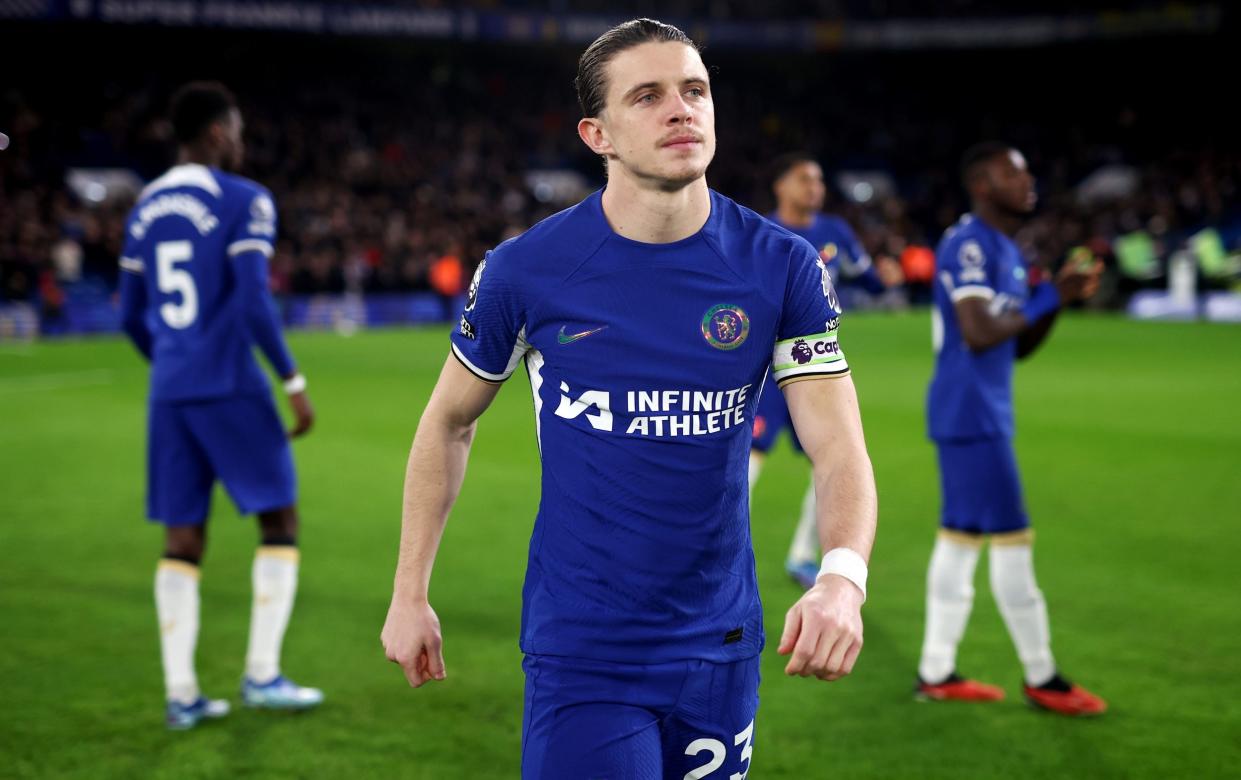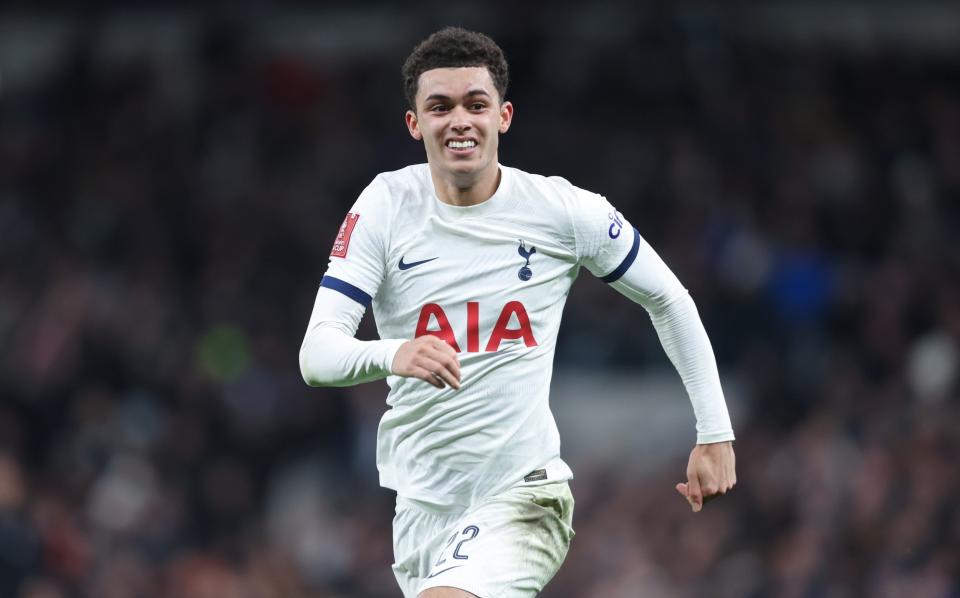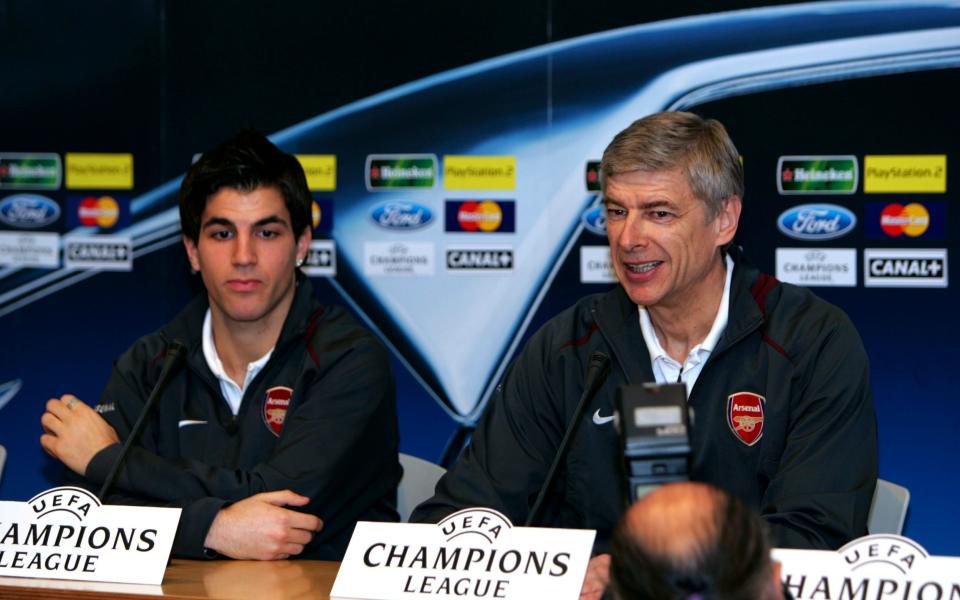Conor Gallagher a prime candidate to be next victim of overspending owners and PSR demand

English football is producing better quality players and more of them – 12 years of what is the biggest investment in development in the history of the game has delivered winning England junior men’s teams and a senior team in Fifa’s top four. More academy coaches with greater qualifications, better games programmes, progressive academy directors offering modern solutions to the old problems that come on and off the pitch.
Creating great players is an inexact science. Every one does so in his own way, reliant upon different qualities to the next. By the same token the added contact hours mean the pressures on families to support children through the process have never been greater. The standard has soared, while the percentage of those who make it in the Premier League remains tiny. The rewards for those who do, however, are immense.
At the heart of the great machine, the status of the young footballer is subject to the pressures of the game’s shifting finances and regulations. For all those reasons it has never been more important to produce players – although that does not necessarily mean in order to play for the first team.
Conor Gallagher has been Chelsea captain for much of the season in the absence of his fellow academy graduate Reece James, and yet is a prime candidate for sale this window. His situation is the consequence of the spending of the club’s owners now seeking redress on the other side of their profit and sustainability rules (PSR) calculation. The homegrown player is, as we know, a potent commodity in the PSR conundrum, representing pure profit on the balance sheet unlike others who have transfer fees and sell-on obligations on their cost base.
Mason Mount, Brennan Johnson and Anthony Gordon were all sold by their clubs, in part, to mitigate against spending elsewhere. Scott McTominay, Emile Smith Rowe might go the same way at their clubs, as well as Gavi at Barcelona. Cole Palmer and James Trafford were both profitable sales for Manchester City. So too Jaden Philogene and Cameron Archer once of Aston Villa, who left last summer with buy-back clauses.

The PSR compliancy – financial fair play – dictates modern football strategy, from the richest clubs to the poorest. It has been the force in creating the multi-club system, the rebuilding of stadiums and even potentially the construction of new sibling venues. Yet it is the effect on the homegrown player that has been the most curious. He has never been so valuable – nor his situation quite so potentially volatile.
Under normal circumstances at Chelsea, Gallagher would never be sold, and certainly not to a potential rival such as Tottenham. A Surrey boy who has been with the club through the entire academy programme, he has his weaknesses as well as his strengths, but is an undoubted asset. All of that is currently outweighed on what he might do for Chelsea’s PSR. Especially with the prospective financial consequences of the club not making the Champions League next season.
Developing players for sale rather than first team is not a new phenomenon – Chelsea pioneered it in the 2000s and the most successful development club of the era, City, followed. Across European football it is, bar a rare few, part of every clubs’ business plan. Clubs have long sold their best homegrown talent but now the dynamic is different. With every big move in the transfer market, the flipside is that the cost might eventually be the best academy talent.
In terms of the strategising, that is just one more aspect of the chess game recruitment departments play. For the players themselves it is yet another consideration in the monumental challenge of making it all the way from the parks of their childhood to established first-team player. That path trodden by so many greats over the years seems simple by comparison to the modern route.
Clubs will be obliged to invest as much as ever in academies. The latest European Court of Justice ruling suggests that Uefa’s notion of homegrown players to include any produced by clubs in the same national association will have to be changed. Instead the homegrown quota – currently six in Premier League squads – will have to be filled by players who graduated from that club’s academy.
At the same time the old route to signing players at the age of 16 from academies in European Union countries, like Cesc Fabregas and Gerard Pique, who would then count as homegrown, has been closed by Brexit. In its place is the ‘elite significant contribution player’ – effectively a work permit wild card to sign young players around the world. Those aged under 21 do not have to be named as one of the 26 in a Premier League squad.

All of this focuses the pressure on the homegrown players who do make it through. Their competition is not simply fellow British boys, or even those from the EU. The Premier League’s marketplace for development players now spans the world. The requirement was once simply whether you might be good enough to make it in the first team. Now a homegrown player can be called upon to fill vital quotas or even fix a PSR overspend.
Much of the changes have been done with the best interest of the boys in mind. The pastoral care is as good as it has ever been. The Football Association has negotiated the new Home Office work permits, the governing body endorsement, with England-qualified players as a firm priority. The professional contracts for a 17-year-old are life-changing for him and his family. Yet the status of the homegrown player reflects the status of the modern English game.
Which is to say high stakes – a pressure to win, and to balance the PSR compliancy. Succeed and the rewards will come. Fall short and you will certainly be sold. Or, in the cases of some, sold either way.

 Yahoo News
Yahoo News 
